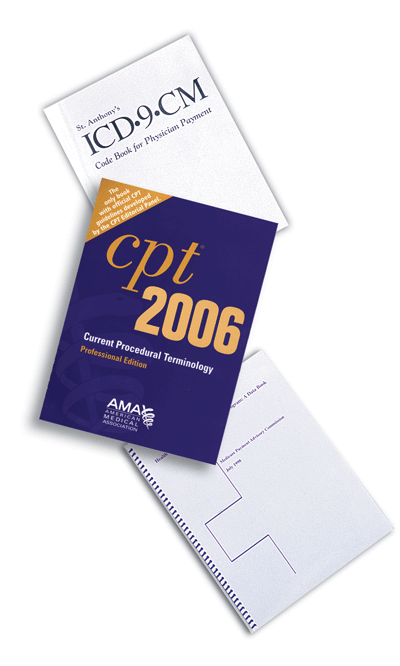A: The Medicare Modernization Act of 2003 led to a host of changes, most of them effective January 1, 2006. They include: revised time frames for appeals; introduction of a new reviewing entity; moving the administrative law judge function from the Social Security Administration to the Department of Health and Human Services; revised time requirements for issuance of appeals decision notices; and a process to correct minor issues without an appeal.
Q: How does a rejected claim differ from a denied claim?
A: A rejected claim fails because it is incomplete or invalid. These are not appealed, but may be resubmitted with additional information to make them complete. In a denied claim, the payer has determined that the item or service should not be reimbursed based on the information provided. Denied claims are subject to appeal.
Certain issues may be addressed without a formal appeal through a process called "reopening." Use this for adjustments due to clerical errors that resulted in an over- or underpayment such as the wrong modifier, incorrect CPT or ICD-9 code or the wrong provider number listed on the claim. You can request a reopening by phone or in writing at your local carrier's office.

Q: What are the steps followed in a formal appeal?
A: Redetermination is the first level of appeal and is performed by your Medicare contractor. You have 120 days from the date of receipt of the initial determination to file an appeal. You may submit a written request or utilize form CMS-20027 to appeal the claim. The request includes the beneficiary's name and insurance number, the specific service for review including the date of service, your reason for the disagreement, any support or additional information to support the claim, and the name and signature of the requester. The carrier has 60 days to provide a response.
You move to the next step if the carrier upholds the denial following the redetermination request. You have 180 days to appeal to the second level of appeal, now called reconsideration. It replaces what was called the fair hearing and, in our view, is the most significant change noted by the MMA directive.
Independent reviewers called Qualified Independent Contractors (QIC) handle the reconsideration process. A contractor may be a physician or other health-care professional with relevant expertise. You may submit a written request or use form CMS-20033 to appeal the redetermination. In most cases, this is your last opportunity to present additional evidence to support the claim.
The QIC level of appeal is an "on-the-record" review and all support is in writing, so you may speak or appear before the QIC. The QIC has 60 days to rule on the appeal.
Q: If the denial is upheld by the QIC, is there another level of appeal?
A: Yes. You have 60 days to appeal to an administrative law judge (ALJ) but the amount in controversy must be at least $110. This may be a solitary claim or a series of claims totaling $110 or more. The request is filed on form CMS-20034. The QIC prepares the case files for the ALJ hearing. Unless extenuating circumstances exist, no additional information may be submitted for review by the ALJ.
The ALJ has 90 days to make a ruling. In most cases, the ALJ may: 1) make a decision based on the request for an ALJ hearing or an actual hearing; 2) issue an order of dismissal of the request for a hearing; or 3) send the case back to the QIC for another hearing. You may choose to appear for a hearing.
The Office of Medicare Hearings and Appeals exists in four states. They are Ohio, Florida, California and Virginia. Each state is assigned to one of these four jurisdictions. Hearings are conducted at these field offices or by video conferencing.
Q: Are there additional levels of appeal after an ALJ determination?
A: The next level is a departmental appeals board review. Subsequent to the DAB is a federal court review. To appeal to the federal court, the amount in controversy must be $1,090 or more.
You can find a detailed description of the appeals process in Chapter 29 of the Medicare Claims Processing Manual. You can find it at http://www.cms.hhs.gov/manuals/downloads/clm104c29.pdf.
Q: Did the MMA include any changes to the payer's ability to recover of overpayments?
A: One change involves limitations to the use of extrapolation and was widely applauded by physicians. Extrapolation may still be used in cases of a sustained or high level of payment error(s) or documented evidence that education failed to correct previously disclosed errors.
Q: What can the practice do internally to minimize appeals?
A: Audit your billing office. Determine their accuracy with claim filing and try to identify the causes for denied claims and any trends. Before an appeal is filed, determine if it is warranted. There may be claims that should be denied and not appealed. Develop policies and procedures that define a process for handling rejected and denied claims. Sustain timely filing for claims and understand the appeals process.
Ms. McCune is vice president of the Corcoran Consulting Group. Contact her at DMcCune@corcoranccg.com.



